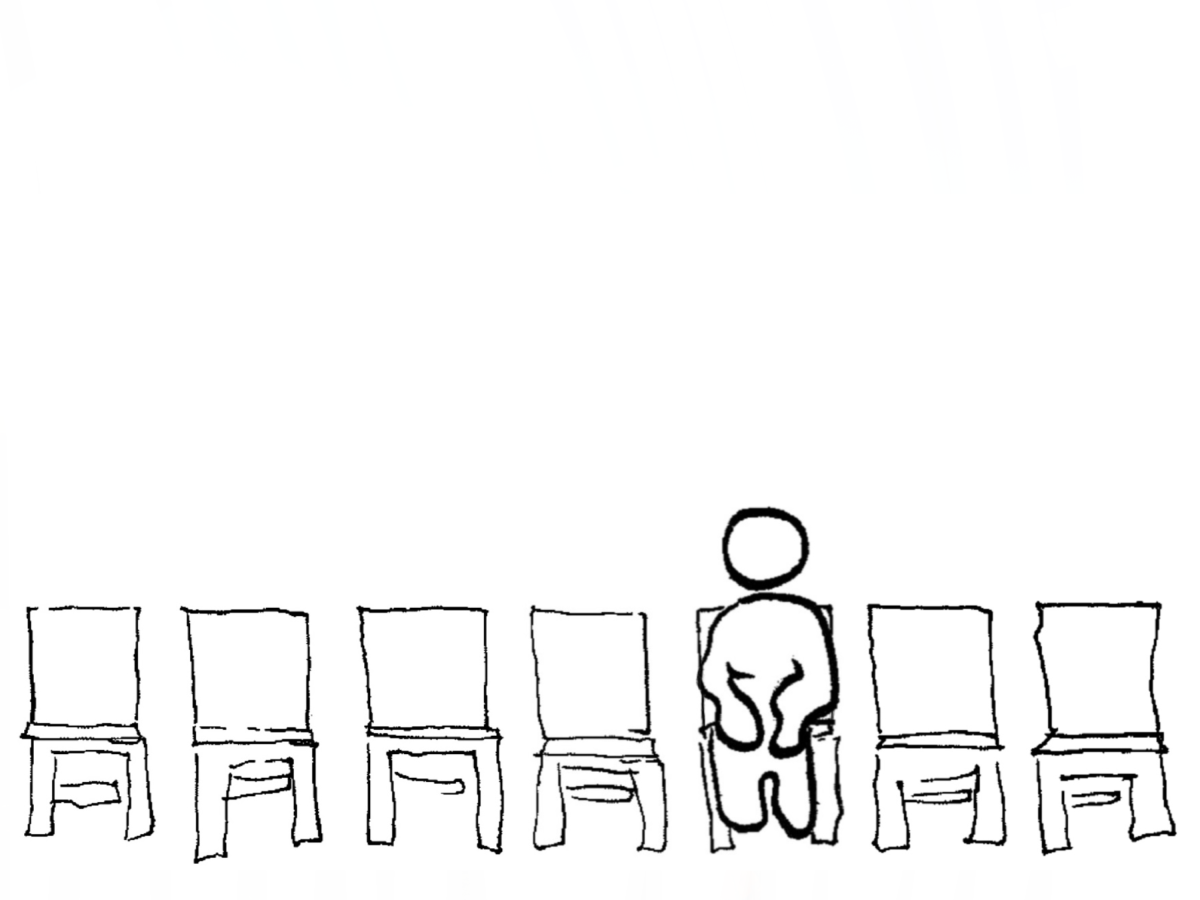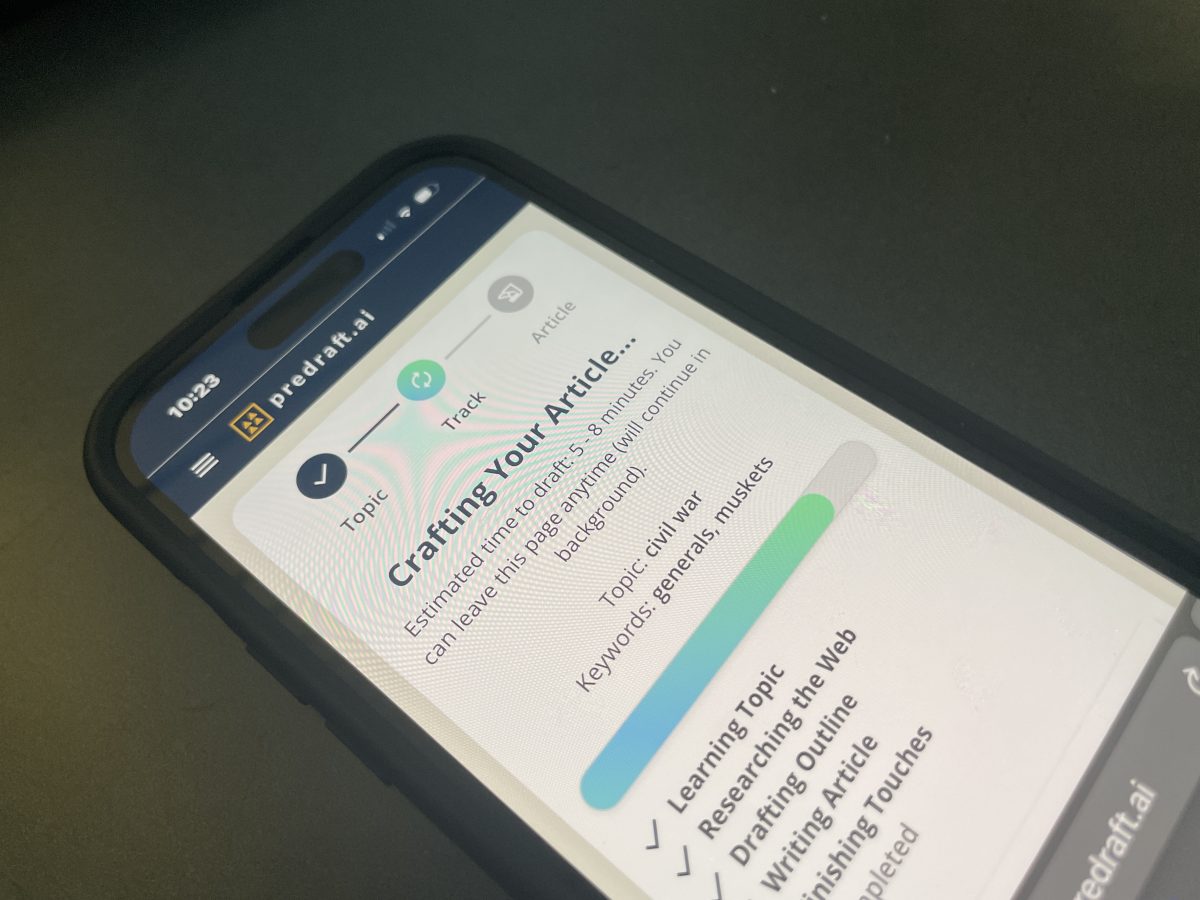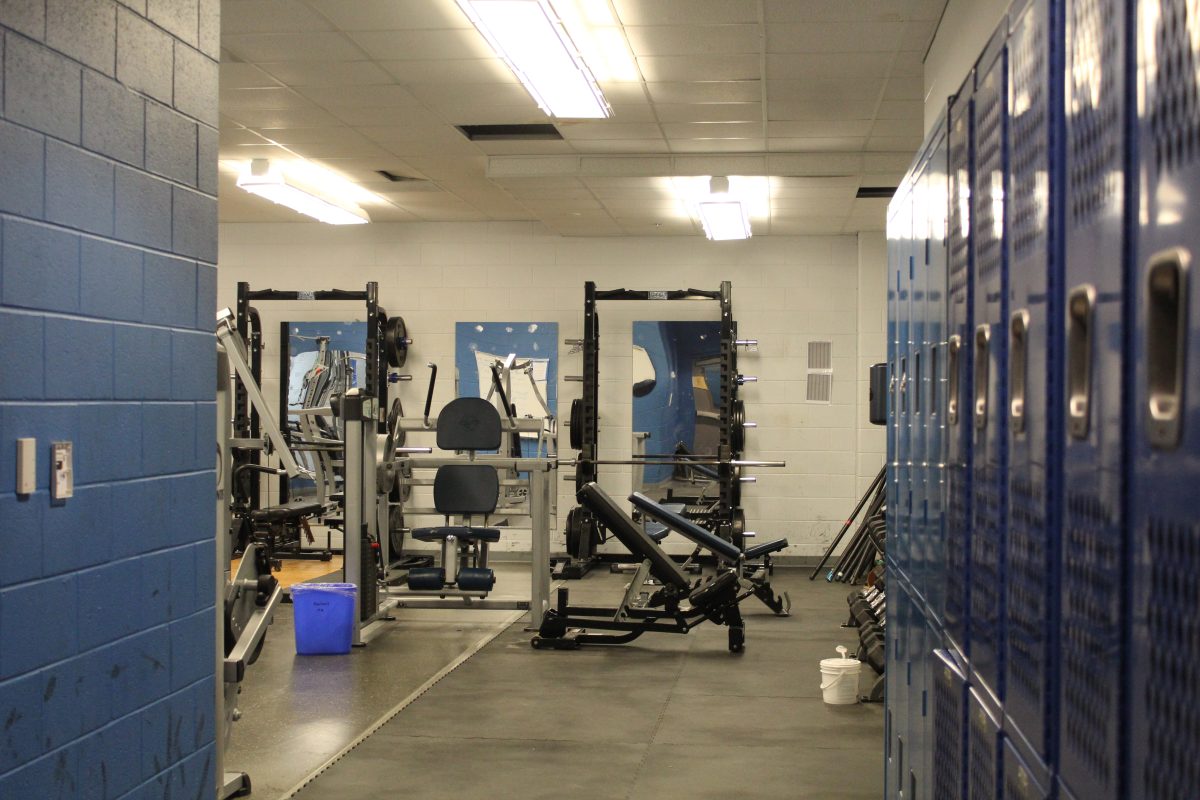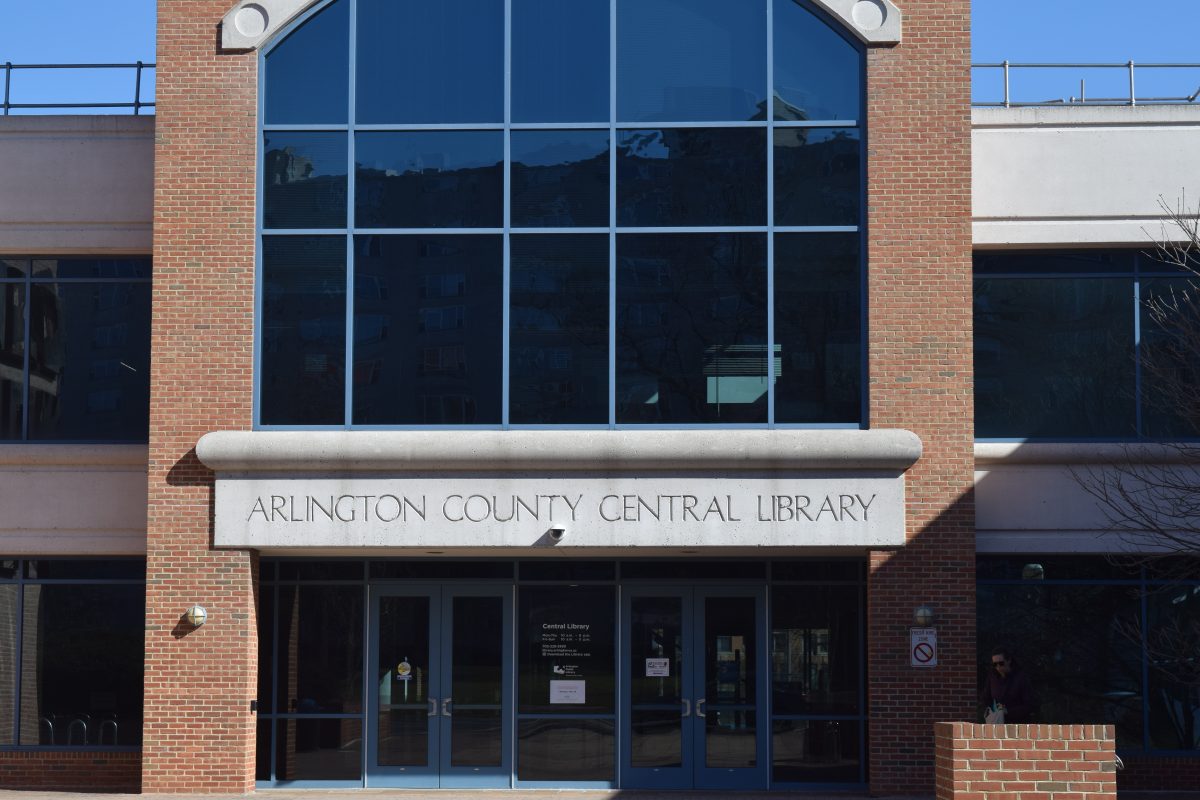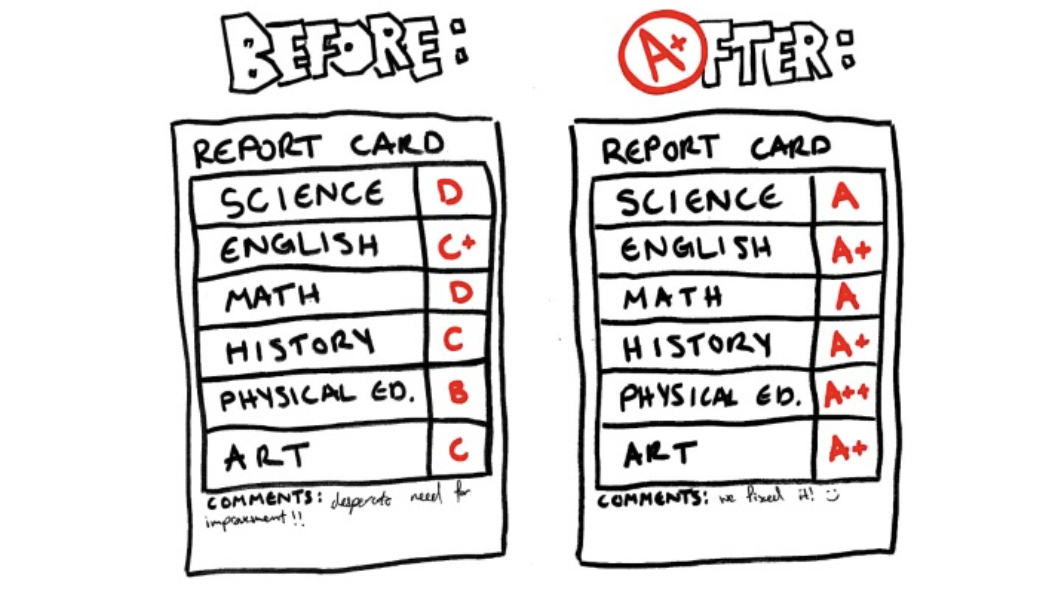By: Emma Westerhof
Sentry Staff Reporter
According to a 2013 National Center for Education Statistics report, one-fourth of all prospective public high school graduates failed to obtain their diplomas. In our current economy, these individuals will struggle to find jobs, in addition to having inevitably rocky and difficult lives. Over time, those who leave secondary school prematurely will earn $200,000 less than a high school graduate and almost a million dollars less than a college graduate. Research suggests that dropping out of high school has a significant impact on society as a whole. Dropouts commit 75 percent of crimes and cost taxpayers between $320 billion and $350 billion a year in lost wages, health, welfare, taxable income and incarceration costs. These staggering statistics support the fact that success and financial security are most attainable if you have completed your education and earned a minimum of a standard high school diploma.
There is a strong correlation between earning a diploma, obtaining a quality job, staying productive and avoiding idleness or criminal activities. In this day and age, the question on most students’ minds is whether or not a standard diploma will set you up for success in the long run. To graduate with a standard diploma in the state of Virginia, a student must earn 22 standard units of credit from passing courses and electives, and six verified credits by passing end-of-course SOL tests or other assessments approved by the Board of Education. These required courses and credits are designed in an attempt to equip all students with the basic knowledge they need to lead successful lives. However, recent studies suggest that students graduating with a mere standard diploma will be unprepared for the demands of college. These students also have an inordinate amount of difficulty keeping up in their undergraduate classes, as a result of having to take remedial courses.
Currently offered in only 21 states, the advanced studies diploma ensures students will have a well-rounded and multidimensional academic experience. Students who do not take advantage of obtaining an advanced diploma in high school, limit themselves in college and ultimately, in their professional careers. Those interested in earning the advanced studies diploma in Virginia, must procure at least 26 standard units of credit and nine verified units of credit (effective for students in the ninth grade class of 2011-2012 and beyond). Similar to the standard diploma requisites, students must acquire four credits in their English courses. However, unlike the standard diploma requirement of three credits, students are required to have four credits in the discipline areas of mathematics, laboratory science and history/social sciences. While two health and physical education credits are mandatory, at least three foreign language credits and one fine arts or career/technical education credit are needed to graduate. Finally, for the ninth grade class of 2011-2012 and beyond, one economic and personal finance credit and three elective credits are compulsory.
Many students and teachers argue that graduating with an advanced studies diploma is not essential, because colleges do not specifically look at the type of diploma you received. In the end, your admittance into college does not hinge on whether or not you graduated with either an advanced studies or standard diploma. Despite this truth, more and more college freshmen are enrolled in remedial courses, putting a halt to their dreams of a degree or a career certificate. The National Center for Education Statistics notes, “Students who completed any remedial courses were less likely to earn a degree or certificate than students who had no remediation.” This problem stems from the fact that people are allowed to graduate high school with a standard diploma and only three-years of math under their belts. Instead of having a rewarding college experience, students find themselves on a fast track to nowhere, spending time and money on subjects they should have learned in high school. Furthermore, many colleges specify and look for “required” and “recommended” courses on high school transcripts. Colleges may not explicitly demand that students have an advanced studies high school diploma, but it is in a student’s best interest to fulfill its requirements.
The advanced studies diploma promotes scholastic achievement. In layman’s terms, the more classes you take, the more you learn and the smarter you get. Graduating with the advanced studies diploma shows that you are a hardworking, scholarly individual who is more likely to thrive in college courses and can handle a larger workload. Earning the advanced studies diploma is a good indicator that you are a capable student. It is important to note however, that it does not stipulate students take intensified or Advanced Placement courses. For this reason, seeking out ways to challenge yourself goes hand-in-hand with an advanced studies diploma, in order to ensure academic excellence.














